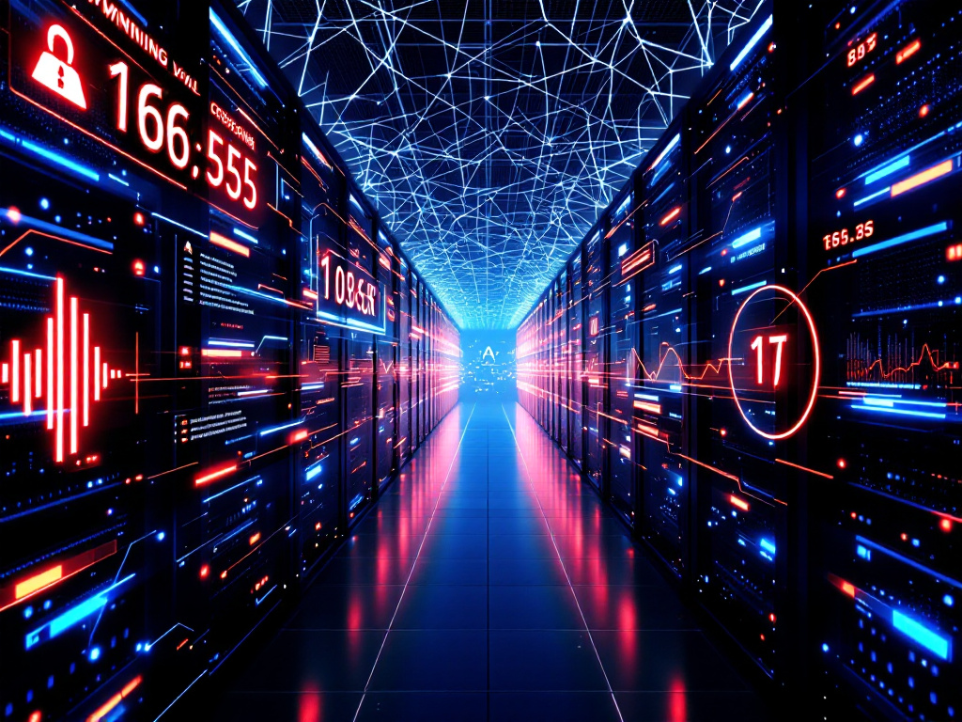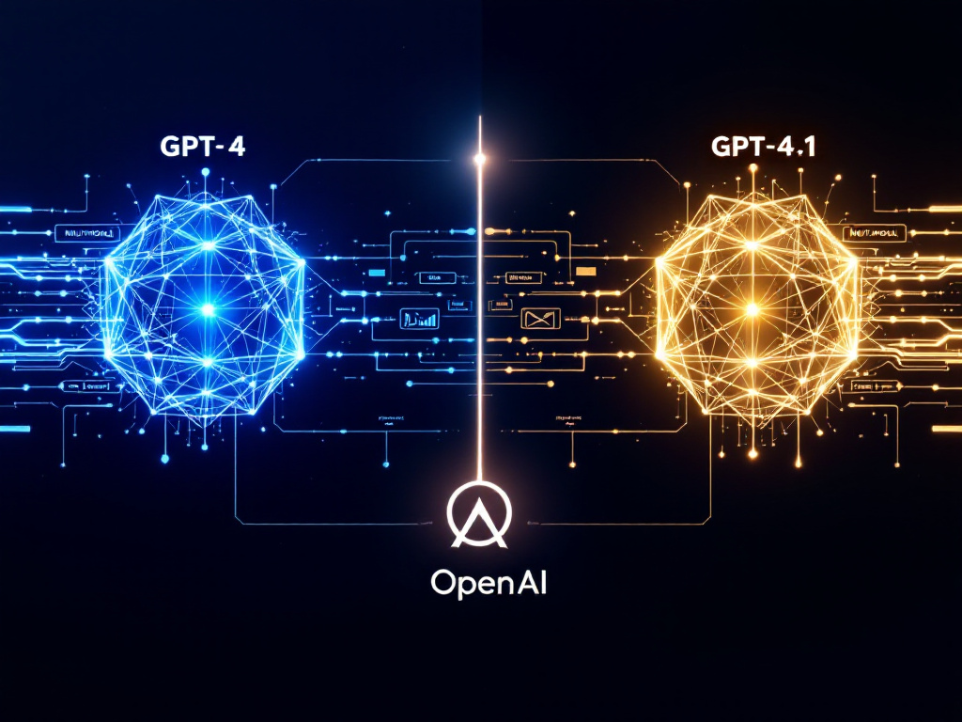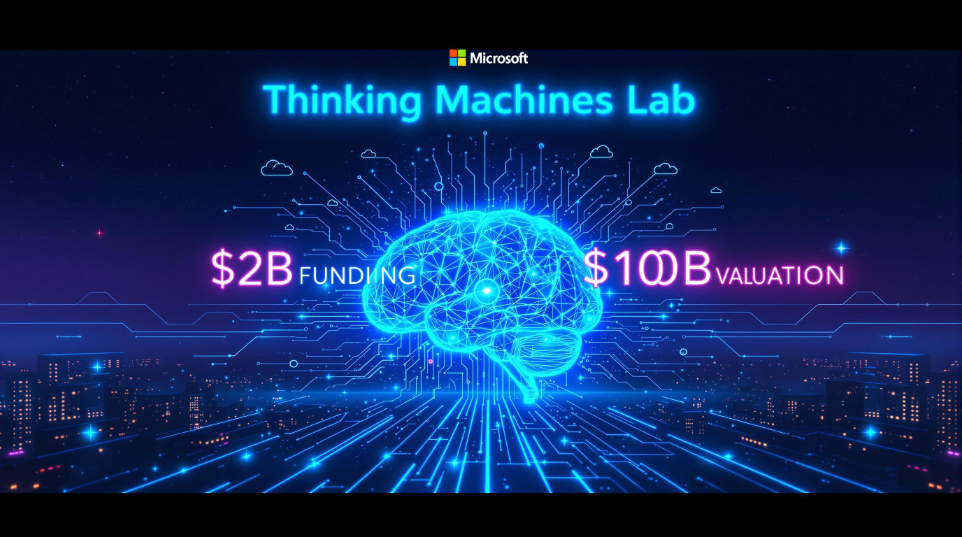Countries with the Highest AI Talent Concentration Globally
Israel, Singapore, and Luxembourg lead the world in AI talent concentration, with respective percentages of 1.98%, 1.64%, and 1.44% of their workforces dedicated to AI. These countries excel through strategic investments in education, government initiatives, and corporate innovation, fostering robust AI ecosystems[1][7]. Other leading nations include Estonia, Switzerland, Finland, Ireland, Germany, the Netherlands, and South Korea[1]. India, though not in the top ten, shows significant growth with a 252% increase in AI talent between 2016 and 2024[1].









